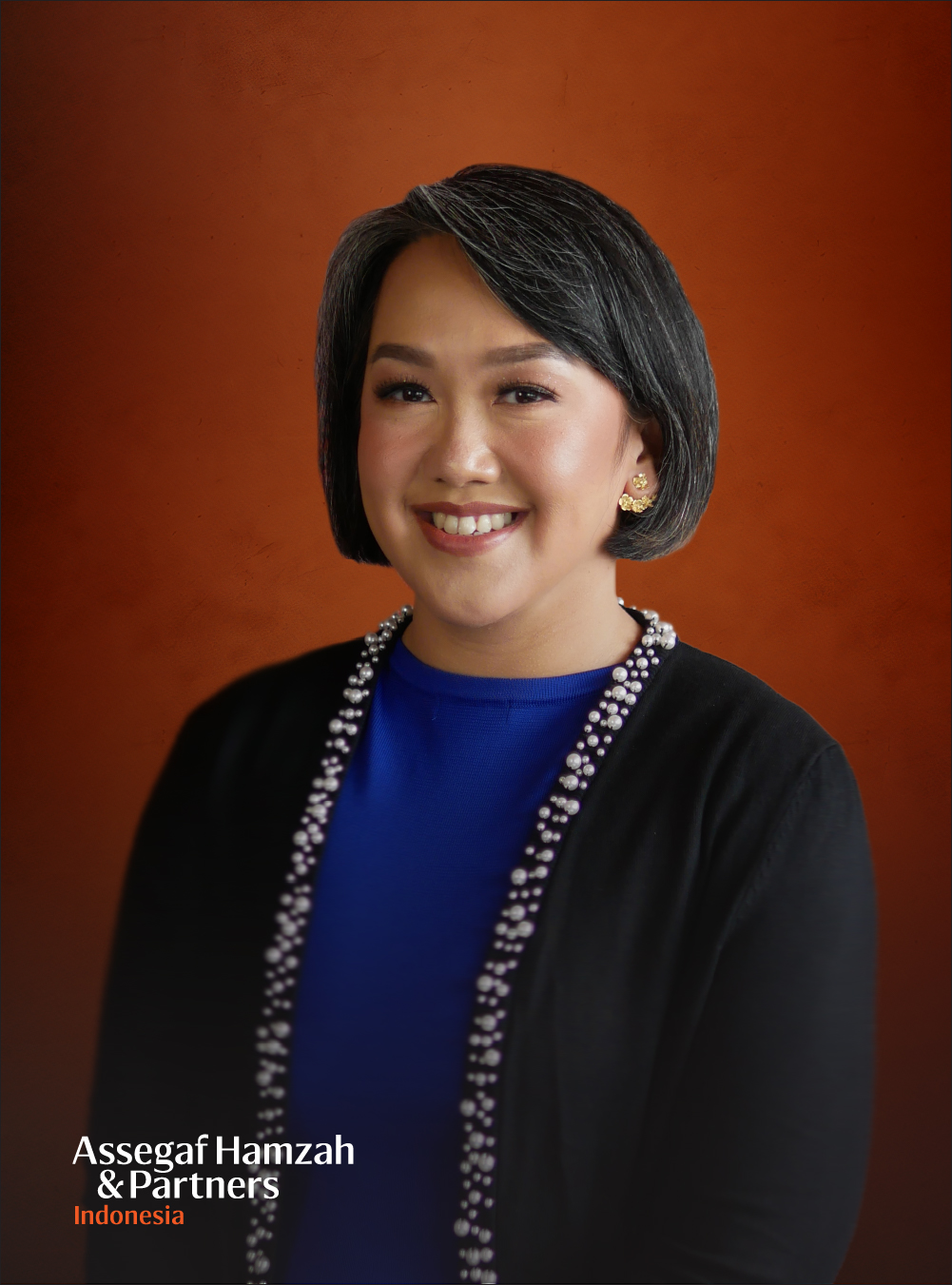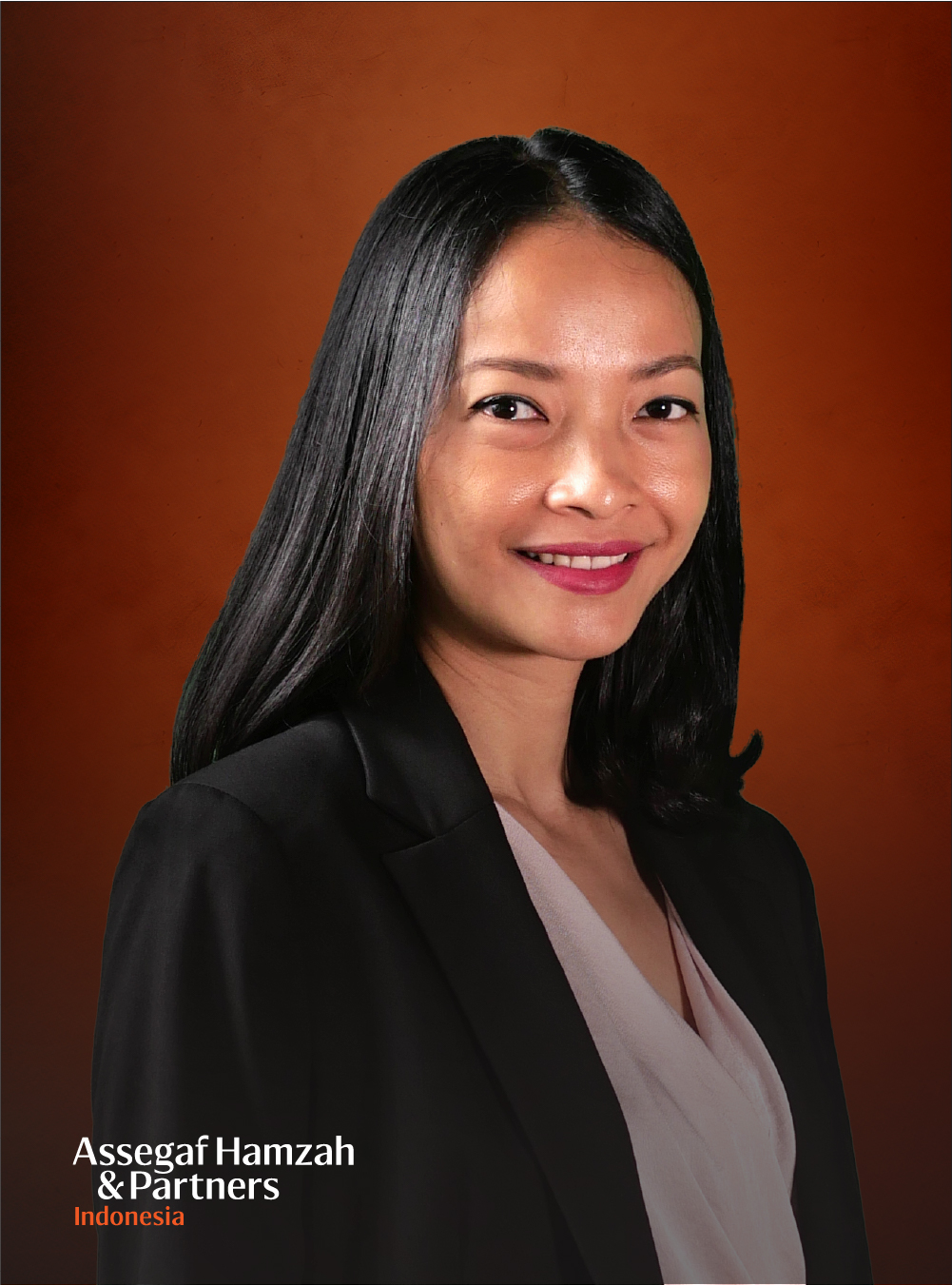Health in Transition: New Government Regulation on Health. Part 1 – Foreign Medical Personnel Employment and Minimum Bed Requirements

The anticipated healthcare overhaul in Indonesia has officially begun as the government enacted Government Regulation No. 28 of 2024 (“Regulation”) as the implementing regulation of Law No. 17 of 2023 on Health (“Omnibus Health Law”). The Omnibus Health Law has been in effect since August 2023.
In terms of regulatory framework, the Regulation replaces 31 governmental and presidential-level regulations (collectively, “Previous Regulations”). These Previous Regulations govern, among others, hospital management, the Indonesian Health Workforce Council (Konsil Tenaga Kesehatan Indonesia), breastfeeding, reproductive health, and tobacco products. We should also highlight that all implementing regulations of the Previous Regulations remain in force insofar as they are not in conflict with the Regulation.
With such a broad scope, understanding the nuances of the Regulation is crucial for anyone involved in or impacted by the healthcare sector in Indonesia. The Regulation addresses a range of important areas, including:
-
Use of information and communication technology for health efforts;
-
Ensuring the safety of pharmaceuticals, medical devices, and household health products;
-
Provision of telemedicine services;
-
Utilisation of medical workforce and healthcare workers;
-
Setting standards for medical records;
-
Safeguarding the confidentiality of patients’ information;
-
Improving the quality of healthcare services;
-
Implementing health technology; and
-
Establishing protocols for health data and information processing.
The Omnibus Health Law and the Regulation introduce several key changes to hospital governance. Notably, they mandate the implementation of electronic health records and telemedicine services, adjust minimum bed capacity requirements, provide more flexibility in appointing hospital directors, regulate the use of raw materials for medicine, and allow hospitals to expand their operations to include clinics, pharmacies, and laboratories.
Furthermore, the Omnibus Health Law and the Regulation streamline several aspects of the Previous Regulations. They simplify the licensing process for the medical workforce and healthcare workers, enhance the framework for emergency readiness and disease control, and strengthen the monitoring of pharmaceuticals and medical devices. The Regulation also addresses broader health concerns, such as tobacco trade control, restrictions on infant formula or breast-milk substitute, regulation of sugar content in food and beverages, and the distribution and accessibility of contraception.
To aid in the navigation of the changes brought by the Regulation, we will be issuing a series of client updates that will explore the key topics covered by the Regulation, and provide valuable insights into its impact. In this first edition, we will be highlighting the changes concerning the employment of foreigners as medical and healthcare workers and the minimum bed capacity requirements.
Employing Foreigners as Medical and Healthcare Workers
Prior to the issuance of the Regulation, foreign nationals were already permitted to practice as medical and healthcare professionals in Indonesia under Law No. 36 of 2014 on Healthcare Workers. However, the process for obtaining the necessary permits was often lengthy and cumbersome.
The Regulation seeks to simplify and expedite this process by streamlining the procedures for acquiring both the Registration Certificate (Surat Tanda Registrasi or “STR”) and the Practice Licence (Surat Izin Praktik or “SIP”). In addition, the Regulation introduces specific provisions for foreign medical personnel (tenaga medis) and healthcare personnel (tenaga kesehatan) with both domestic and/or international graduate qualifications (referred to as “foreign personnel” in this client update). Nonetheless, regardless of their place of education, foreign personnel are prohibited from conducting private practice.
Under the Regulation, foreign personnel can practice in Indonesia if they meet the following requirements:
- General requirements
As a starting point, the Regulation requires medical and healthcare professionals to possess a diploma and a competency certificate prior to obtaining an STR or SIP. After obtaining an STR, the individual must secure a place to practice in order to receive an SIP. Unlike the previous regulatory regime, individuals are no longer required to obtain a recommendation from a professional organisation before obtaining an SIP.
The Regulation also extends the validity period of the STR and SIP for foreign personnel. Previously, foreign personnel were only permitted to hold temporary STR and SIP. This is no longer the case, although there is still a difference in the validity period of STR and SIP for local and foreign personnel as follows:
Local Personnel Foreign Personnel STR SIP STR SIP Valid indefinitely Valid for five years and can be renewed indefinitely, provided that all requirements are met Valid for two years, with the option to extend once for an additional two years.
The STR and SIP of foreign personnel employed in the Special Economic Zone (SEZ) are exempted from the validity period. However, the Regulation does not provide further clarity on this matter.Certainly, the simplification of the licensing process for foreign personnel will make it easier for them to obtain the necessary credentials. This streamlined approach is designed to encourage foreign personnel to bring their expertise to Indonesia and contribute to the overall quality of the nation’s healthcare sector.
- Requirements for foreign personnel who are graduates of Indonesian institutions
Foreign personnel who graduated from Indonesian institutions and wish to practice in the country must first obtain STR and SIP. In addition to these permits, they must also be a specialist or sub-specialist (for medical personnel) and must have a qualification equivalent to level 8 of the Indonesian National Qualifications Framework (Kerangka Kualifikasi Nasional Indonesia or “KKNI”) (for healthcare personnel).
However, meeting these requirements alone does not guarantee the ability to practice. Foreign personnel can only work in Indonesia if they have been specifically requested by a healthcare facility and are typically permitted to do so for a limited, predefined term.
- Requirements for foreign personnel who are graduates of overseas institutions
Like domestic graduates, foreign personnel who graduated from overseas institutions intending to practice in Indonesia must first obtain STR and SIP. They must also be a specialist or sub-specialist (for medical personnel) and have a qualification equivalent to level 8 of the KKNI (for healthcare personnel). However, they are subject to additional requirements, namely:
- Competency evaluation
Overseas graduates must pass a competency evaluation consisting of an assessment of administrative requirements and practical skills, which are designed to ensure that they meet the necessary standards to provide healthcare services in Indonesia.
However, the Regulation exempts foreign personnel who fulfil one of the following requirements:
-
Those who graduate from internationally recognised institutions and have practiced as specialists or sub-specialists for at least five years abroad, as evidenced by a certificate or other documents issued by the relevant authority in their home country; or
-
Those who are experts in a specific area of healthcare, as proven by a competency certification and having practiced abroad for at least five years.
-
- Adaptation process
Overseas graduates must also complete a one-year adaptation process.
- Other requirements
Lastly, overseas graduates from overseas institutions must have at least three years of professional experience and may only practice in Indonesian healthcare facilities if:
-
They fulfil a request for foreign specialists and sub-specialists with specific competencies from a healthcare facility;
-
The practice is intended to transfer technology and knowledge; and
-
The duration of the practice is for two years only, with a possible one-time extension of an additional two years.
-
- Competency evaluation
Minimum Bed Requirements
The second topic that we will discuss in this update is the minimum bed requirements for hospitals owned by foreign investment limited liability companies (often called PMA companies) — a topic of particular interest to international investors.
Under Government Regulation No. 47 of 2021 on the Organisation of the Hospital Sector (“GR 47/2021”), a PMA company can only open Type B hospitals (minimum 200 beds) or Type A hospitals (minimum 250 beds). These requirements have long been a critical consideration for foreign investors looking to invest in the healthcare sector in Indonesia.
On the other hand, Article 46(2) of Minister of Health Regulation No. 3 of 2020 on Classification and Licensing of Hospitals (“MOH Regulation 3/2020”) stipulates that foreign investment hospitals must have a minimum of 200 beds or as determined by international agreements/cooperation.
The Regulation eliminates the minimum bed capacity requirement under GR 47/2021; however, Article 46(2) of MOH Regulation 3/2020 remains in effect, meaning that foreign investment hospitals must still adhere to the 200-bed minimum or comply with any relevant international agreements/cooperation). This leaves some ambiguity regarding the applicable minimum bed capacity regulations. Since the Regulation itself does not specify this requirement, we have yet to see whether the Ministry of Health will issue a regulation to address this requirement.
Key Takeaways
The Regulation creates a more welcoming environment for foreign investment in the Indonesian healthcare sector. While certain bed capacity requirements still apply, the simplified licensing process and extended work permits for foreign medical personnel signal a positive shift. These changes, coupled with other regulatory improvements, may open up new opportunities for foreign investors looking to contribute to Indonesia's healthcare landscape.



